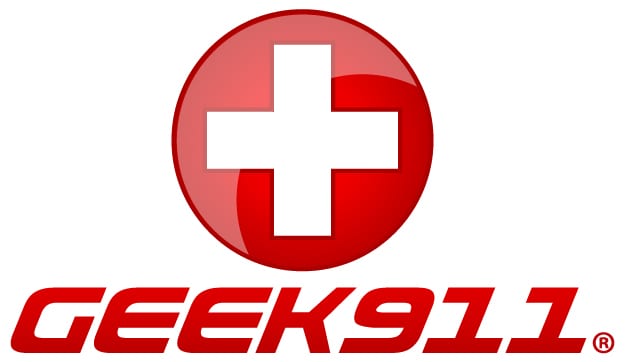New Trends in Cloud Data Storage to Be On the Lookout For

It’s estimated that in 2021, at least half of all company data was stored in the cloud. This is an increase of 15% from just five years earlier. Cloud storage was one of the very first cloud services to be adopted widely, and it has become a necessity for most people.
We use the cloud now without even thinking about it. As we take photos from our smartphones, they are automatically uploaded to some type of cloud storage. Companies keep most files in the cloud these days for business continuity and the convenience of accessibility.
Even though cloud storage may be one of the oldest types of cloud solutions, that doesn’t mean that it has become outdated. The cloud storage industry has continued to innovate and take advantage of things like AI and machine learning.
There are several new 2022 trends to watch out for, as they may be coming to your cloud storage provider soon if they haven’t already. And… you’ll want to know what you can leverage for your own business optimization!
Ransomware Recovery & Protection Mechanisms
One of the most damaging types of attacks is ransomware and it can infect cloud storage as easily as it can infect on-premises storage systems. During the first half of 2021, ransomware incidents rose 64%. A survey of CISOs found that over the last 18 months, 98% of organizations suffered a cloud data breach.
Welcome feature additions that cloud storage providers are beginning to offer are advanced protections to combat ransomware.
These include things like:
- A separate copy of your data being kept that can be easily restored in case of a ransomware attack
- File protections, such as security alerts should a script attempt to edit a file
Ransomware defense features are ones you’ll want to be aware of as soon as they’re available. You may need to enable these in your accounts, as a provider might not turn them on by default.
Legacy Companies Innovating Cloud Storage
Currently, cloud storage is fairly separate from other cloud systems, but one big evolution in cloud connectivity is happening. Many legacy hardware manufacturers, like HP and Dell, are delving into where the cloud can be improved, and specifically into connecting cloud storage natively with other cloud applications so processes can be automated to improve efficiency and productivity.
Hewlett-Packard Enterprise recently introduced a new Data Services Cloud Console, and Dell Technologies just announced a new APEX multi-cloud design. These are both developments that you’ll want to keep an eye on to see if they might benefit your business’ cloud environment.
Help With Organization & Manual Processes via AI
Whether you are storing files on a hard drive or in a cloud storage system, you still run across the same issues with trying to keep files organized, and long manual identification and removal of unnecessary or redundant file version copies.
These types of tasks can take a good portion of an administrator’s time each month. But if these things aren’t done, storage quickly becomes messy and it’s difficult for users to find the information they need.
One of the trends to watch for this year is the use of AI and automation in cloud storage to eliminate some of those manual tasks and free up administrator time.
Some of the things cloud storage providers are planning to automate are:
- File organization
- User provisioning
- Ingesting (obtaining and importing files)
- Old file removal
- And more
Improved Response Times Through Edge Tactics
Edge computing is the concept of moving cloud resources closer to the user. This reduces costs for the cloud provider and improves reliability and system response times for the users.
Enabling fast data transfer across thousands of miles is more difficult than enabling it a few hundred miles. So, you can expect more cloud storage providers, as well as other SaaS companies, to be moving toward an Edge environment.
What this means for you is that the physical address you use when signing up for a new cloud service may dictate where your data is stored. So, you want to be aware of this, as many companies may use virtual mailbox services in other states, and not where their users are actually located.
It’s also a good idea to get into the habit of asking cloud providers if they’re using an Edge computing approach and how far away from your location, the cloud servers storing your data will be. This all factors into response times, and could also be a security and compliance need as well.
Need Help Improving Your Cloud Storage Situation?
GEEK911 can help your Silicon Valley area business take advantage of new advances in cloud storage and with tactics to keep your files secure and organized.
Schedule a consultation by calling 1-866-433-5411 or reach us online.
